 This is really the story of immigration – 50 years ago – from Ireland to the United States. It is interesting to us today as we watch immigration to our country changing from European to non-European, as the whole world ‘s population shifts.
This is really the story of immigration – 50 years ago – from Ireland to the United States. It is interesting to us today as we watch immigration to our country changing from European to non-European, as the whole world ‘s population shifts.
Eilis Lacey couldn’t find a job in her small southern Ireland town in the unsettled days after World War ll. When a priest in New York, who knows her family in Ireland, offers her a job in Brooklyn, she accepts it. It means leaving a close-knit family, a charismatic sister she dotes on and a widowed mother. After intense loneliness in her new boarding-house in Brooklyn, she eventually finds her feet, is liked at work, as well as the local dances. Somewhat to her surprise romance enters the picture, and she is wondering what to do, when her sister “back home”, suddenly dies, and she has to make the trip to Ireland.
Toibin gets astonishingly close to his characters and is justly called “one of the most accomplished writers writing in English today”. This book is charming and we get very close to its unpretentious group of characters. We are even challenged on our ideas of switching loyalties.
Toibin lives in Dublin and has won awards for five major novels, including “The Blackwater Lightship” and”The Master”.
Review by Anne McDougall
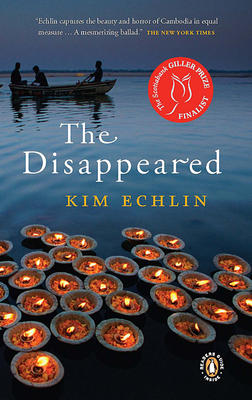 It is surely a brave book that would set a love story near the killing fields of Pol Pot.
It is surely a brave book that would set a love story near the killing fields of Pol Pot. 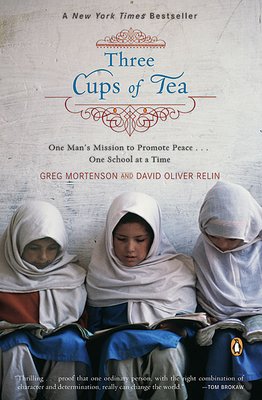 This is the book you need beside you when you put down the daily newspaper with the continuing bad news out of Pakistan and Afghanistan.
This is the book you need beside you when you put down the daily newspaper with the continuing bad news out of Pakistan and Afghanistan.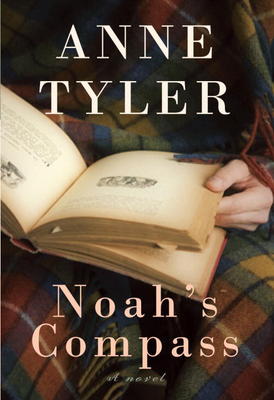 Anne Tyler writes about “ordinary people” in such a way that we can all relate to them. Or perhaps noone really feels ordinary, and neither do they.
Anne Tyler writes about “ordinary people” in such a way that we can all relate to them. Or perhaps noone really feels ordinary, and neither do they.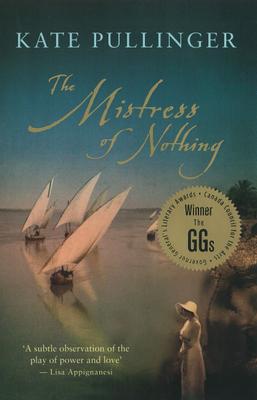 This is a fascinating novel on many levels, not least a glimpse into the beauties and mysteries of Egypt , l50 years ago.
This is a fascinating novel on many levels, not least a glimpse into the beauties and mysteries of Egypt , l50 years ago.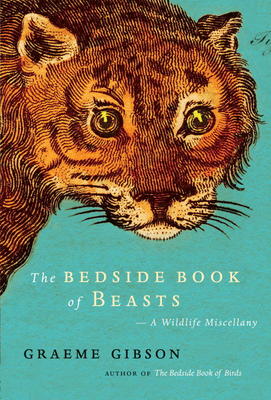 It’s not often “The Guardian Weekly” runs a colour reproduction top to bottom, on its Books Page. But this is a Bengal tiger in a glowering, golden rage, and it is a tribute to Graeme Gibson’s new book, “The Bedside Book of Beasts”. Heading the page is the headline: Animal Rights, human wrongs.
It’s not often “The Guardian Weekly” runs a colour reproduction top to bottom, on its Books Page. But this is a Bengal tiger in a glowering, golden rage, and it is a tribute to Graeme Gibson’s new book, “The Bedside Book of Beasts”. Heading the page is the headline: Animal Rights, human wrongs.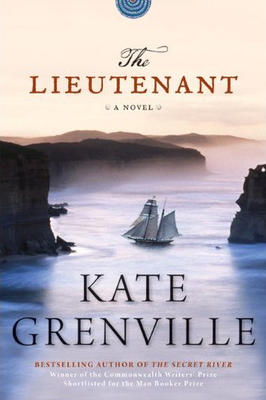 Kate Grenville knows and loves her country, Australia. Her new novel, “The Lieutenant”, is set in New South Wales and the story brings that part of the world brilliantly to life. Even 200 years ago.
Kate Grenville knows and loves her country, Australia. Her new novel, “The Lieutenant”, is set in New South Wales and the story brings that part of the world brilliantly to life. Even 200 years ago.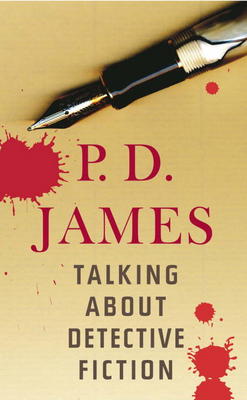 If anyone is well-equipped to tell the story of detective fiction it must be P.D.James, herself a leading figure in this popular genre.
If anyone is well-equipped to tell the story of detective fiction it must be P.D.James, herself a leading figure in this popular genre.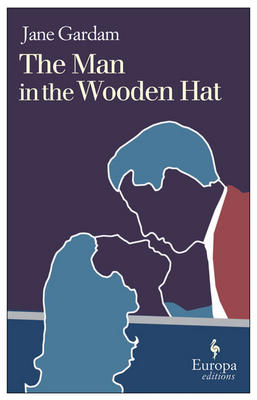 There’s just nothing like a good story, and Jane Gardam knows how to tell one. It’s a treat when a new book comes out by her.
There’s just nothing like a good story, and Jane Gardam knows how to tell one. It’s a treat when a new book comes out by her.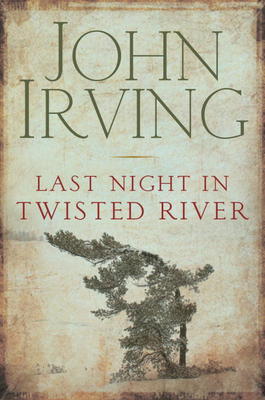 John Irving’s new novel begins with the death of a young Canadian on the big log-driving river, the Androscoggin, in New Hampshire. It takes its violent story for 50 years, moving from New Hampshire to Boston, to south Vermont, to Toronto. Irving sees this period as a massive change in America’s way of life.
John Irving’s new novel begins with the death of a young Canadian on the big log-driving river, the Androscoggin, in New Hampshire. It takes its violent story for 50 years, moving from New Hampshire to Boston, to south Vermont, to Toronto. Irving sees this period as a massive change in America’s way of life.